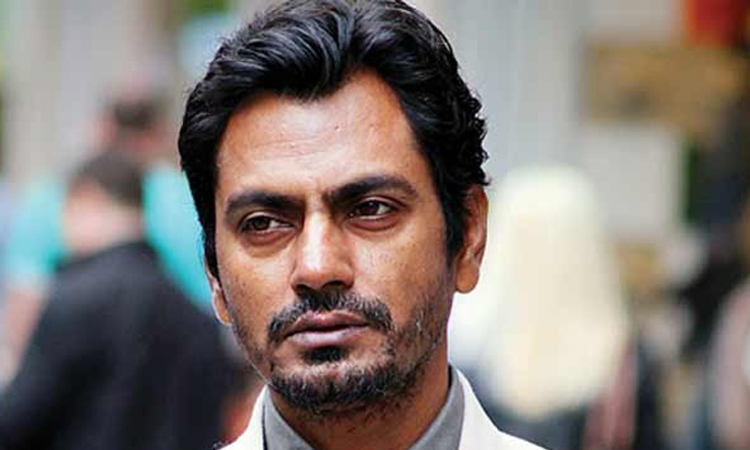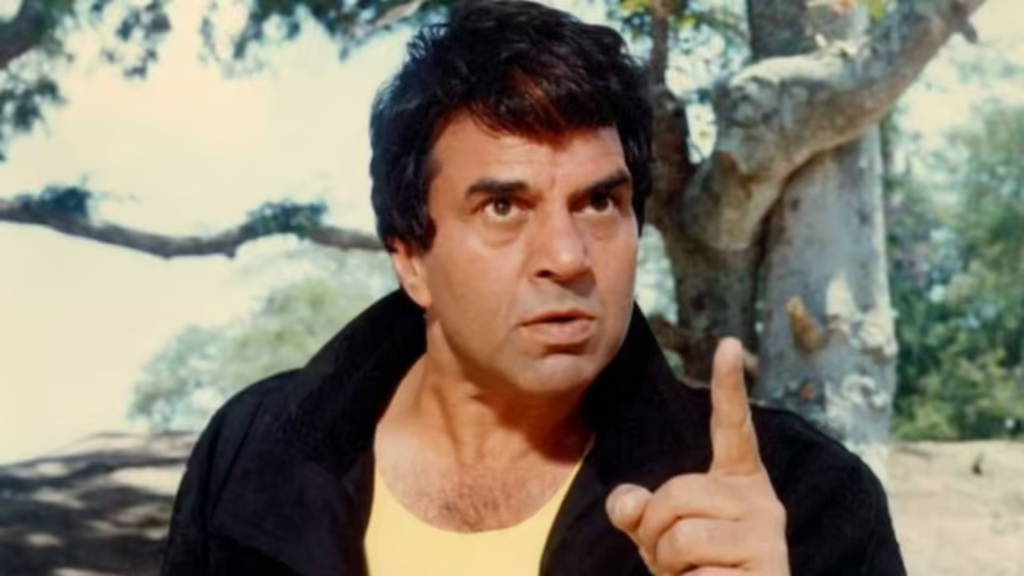Now Reading: Bombay High Court Dismisses Nawazuddin Siddiqui’s ₹100 Crore Defamation Suit Against Brother and Ex-Wife
-
01
Bombay High Court Dismisses Nawazuddin Siddiqui’s ₹100 Crore Defamation Suit Against Brother and Ex-Wife
Bombay High Court Dismisses Nawazuddin Siddiqui’s ₹100 Crore Defamation Suit Against Brother and Ex-Wife

In a significant legal development, the Bombay High Court has dismissed Bollywood actor Nawazuddin Siddiqui’s ₹100 crore defamation suit against his brother, Shamasuddin Siddiqui, and his ex-wife, Anjana Pandey. The court cited non-prosecution as the reason for dismissal, noting that neither the actor nor his legal representative appeared in court to pursue the case.
The lawsuit, filed earlier this year, accused Shamasuddin of misappropriating ₹21 crore from Nawazuddin’s bank accounts and alleged that both family members defamed him through social media posts and public statements. The actor claimed these actions led to substantial damage to his career and personal reputation.
The origins of the dispute trace back to long-standing family issues dating to 2008. Nawazuddin alleged that his brother acquired multiple joint properties without his consent and that his ex-wife deceived him into marriage. He also presented claims involving private recordings and tax-related concerns. The actor cited damage to his career and film projects as a result of their actions.
The dismissal of the suit has drawn attention to the complexities of personal disputes involving public figures and the legal processes surrounding them. While the court’s decision brings an end to this particular case, it underscores the importance of legal representation and active participation in legal proceedings.
This development holds particular relevance in Tier 2 cities like Patna, where the intersection of personal lives and public personas is increasingly under scrutiny. The case serves as a reminder of the challenges faced by individuals in maintaining privacy and reputation in the public eye.
In conclusion, the Bombay High Court’s decision to dismiss Nawazuddin Siddiqui’s defamation suit highlights the critical role of legal diligence and the complexities involved in personal disputes within the public domain. The case continues to be a topic of discussion among legal professionals and the public alike.

























